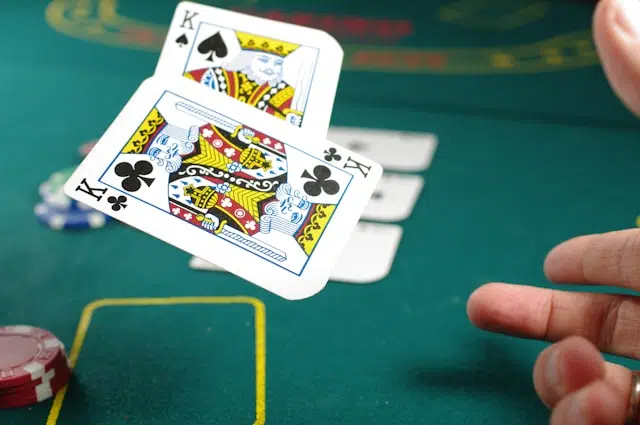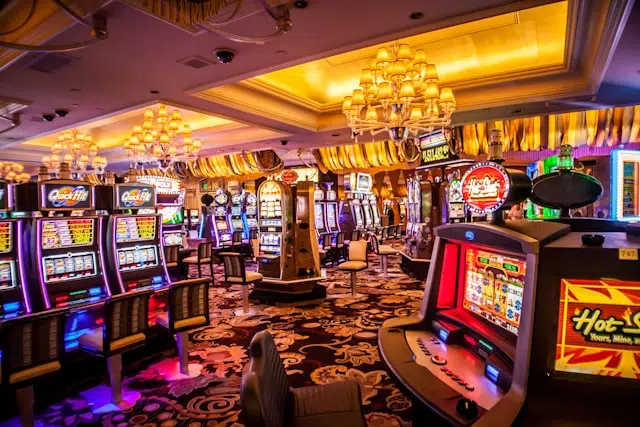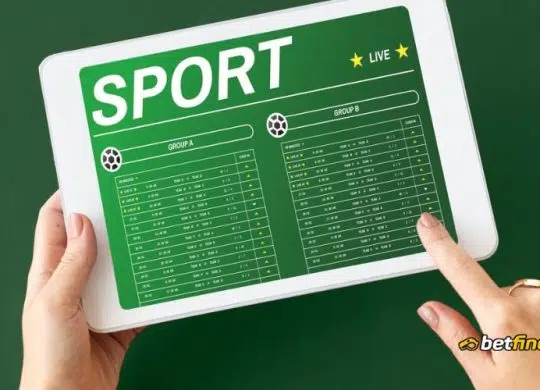Curacao License
First on the list is Curacao, one of the most famous gambling licenses on the market. If you’re wondering what makes it different from MGA casino, here are some points you should know.
About Curacao Regulatory Body
The Curacao eGaming license is regulated by the Curacao eGaming Licensing Authority (CELA). Established in 1996, CELA is one of the earliest iGaming regulators. As an independent licensing authority, CELA helps ensure fair gaming for players and integrity for operators.
Requirements to Get a Curacao License

To obtain a Curacao license, operators must undergo a stringent review process to verify their financial stability, security protocols, and plans to combat problem gambling. Operators are also required to submit detailed documentation about their company structure, software providers, and planned markets of operation. The application and renewal process can take 2-4 months.
Acceptance by Curacao
Curacao is widely accepted as a reputable licensing jurisdiction for online casinos. Its licenses are recognized in over 150 countries worldwide. Many top casino brands proudly display their Curacao license to show players they meet international standards for fair games and financial security. However, a Curacao license is required for operators to access regulated European markets.
MGA License
Coming to the next option, which is the MGA license. It’s one of the best licenses for gambling sites planning to move to the European markets. Here’s everything you need to know about it.
About MGA Regulatory Authority
The Malta Gaming Authority (MGA) is the independent regulator that issues MGA licenses. Established in 2001, the MGA helps ensure Malta meets the highest regulatory practices for the online gambling sector. It works to balance player protection with opportunities for licensed operators.
Requirements for MGA License
The MGA license application process is a bit more rigorous than Curacao’s. Operators must submit detailed internal controls, game testing protocols, responsible gambling plans, and financial documents. Applicants undergo vetting by all parties involved, such as directors, shareholders, and software providers. The process takes 4-6 months on average.
Acceptance

An MGA license broadly supports access to regulated markets like the UK and other parts of Europe where the license is directly recognized. However, more than the MGA license is required to open doors to unregulated markets like some jurisdictions that accept Curacao. MGA licenses are also quite expensive to obtain and renew compared to other options.
Key Differences Between MGA and Curacao
Now that you know about MGA and Curacao, it’s time to take action and get your gambling site licensed by the top regulatory body. Here are the key differences that make both these licenses different from one another.
Regulatory Reputation
While Curacao and Malta are well-established gaming authorities, the MGA maintains a stricter regulatory framework widely accepted by top-regulated European markets. The application process is longer and more rigorous under the MGA than Curacao.
Market Access
A Curacao license supports global operations but may require additional local licenses for key regulated markets. The MGA license directly enables access to regulated European jurisdictions and can bypass the need for other licenses. Remember that they are still called casinos without licenses in European countries since they have their regulatory bodies. However, the MGA has less influence in unregulated emerging markets than Curacao’s broad acceptance.
Which Gambling License You Should Get?
In summary, Curacao offers a reputable off-shore option that is best for a global scale, but some local licenses may still be needed. An MGA license provides a prestigious on-shore EU option with direct entry to top-regulated European markets at a higher cost. Casino operators must weigh regulatory reputation, target markets, and budget factors to choose the best fit. Both remain leading choices for licensed and legitimate online gambling operations worldwide.




